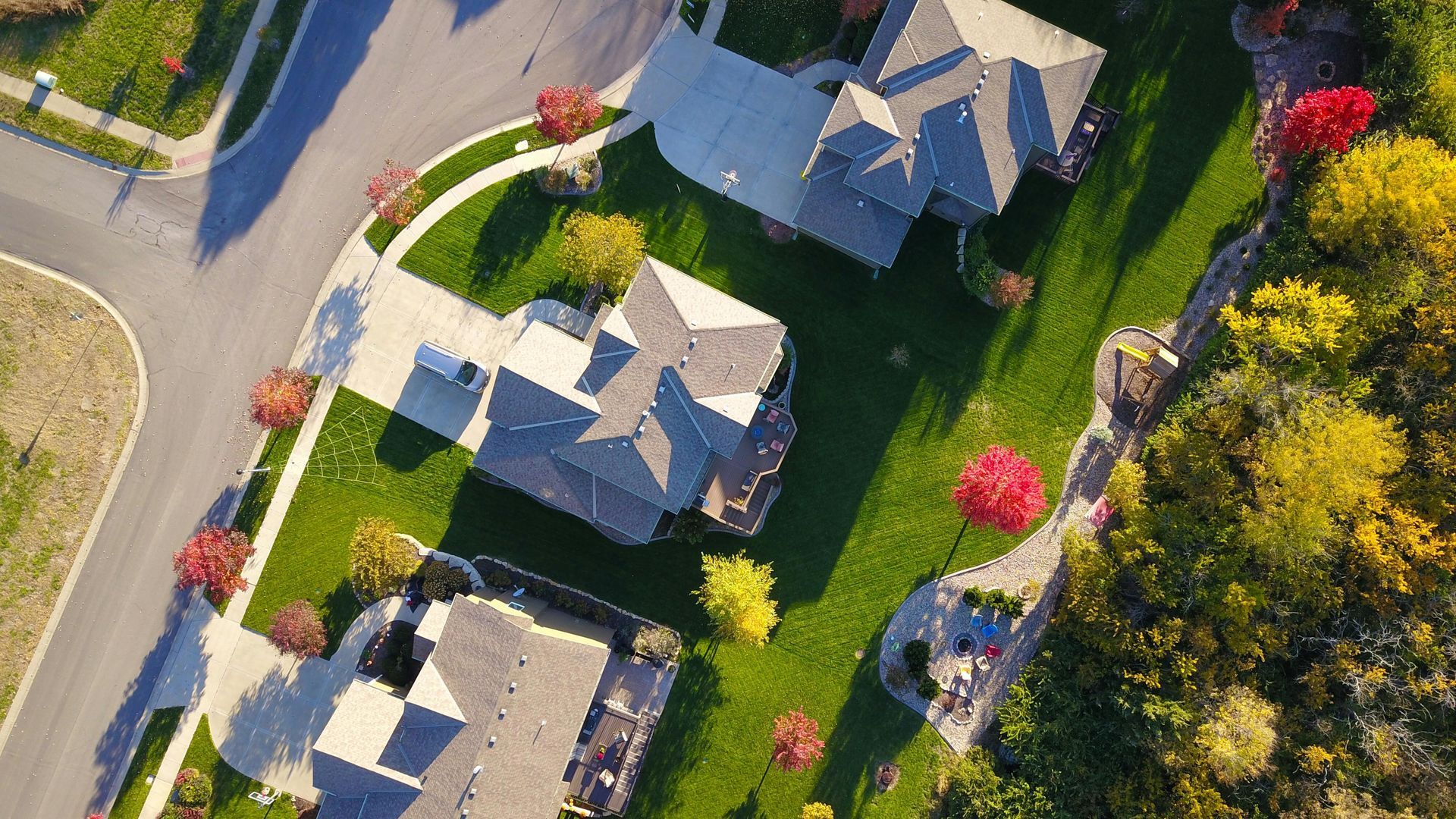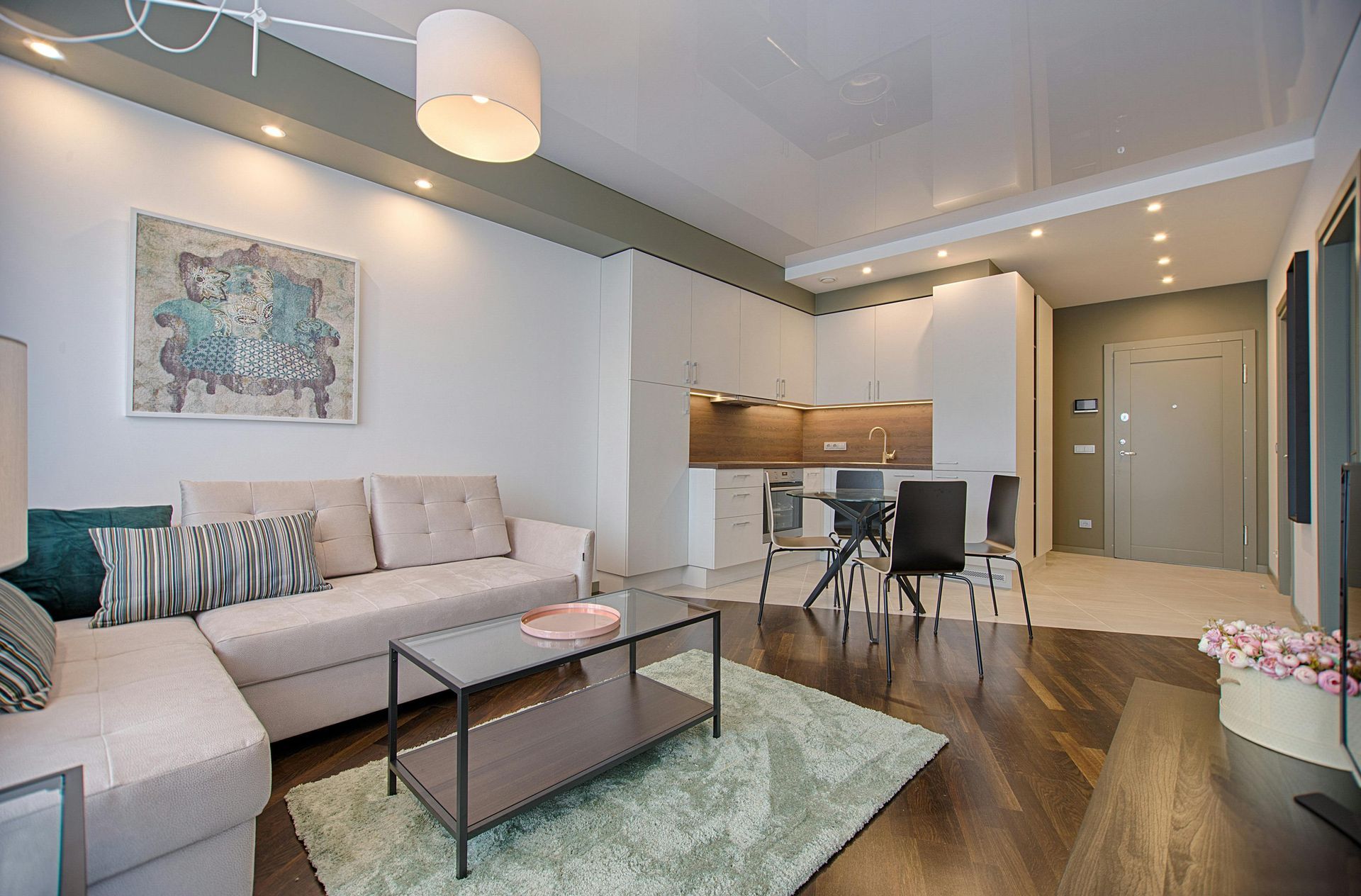Renting vs. Buying: Making an Informed Choice for Real Estate Investments
Renting vs. Buying: Making an Informed Choice for Real Estate Investments

The decision to Rent or Buy a real estate property is one of the most significant financial choices individuals face. Both options have their merits and drawbacks, and understanding the key factors can help you make an informed decision. In this blog post, we will compare renting and buying real estate property, examining various aspects such as financial implications, flexibility, maintenance responsibilities, and long-term investment potential.
Financial Implications
When comparing Renting and Buying, financial considerations play a crucial role. Renting generally requires a monthly payment, which can vary based on location, property size, and market conditions. Rent payments Do NOT Build Equity, and while they provide flexibility, they offer no long-term return on investment.
On the other hand, buying a property involves upfront costs such as the down payment (not always required but sometimes), closing costs, and mortgage payments. However, Homeownership ALLOWS you to Build Equity over time and potentially benefit from property appreciation. Additionally, mortgage interest and property tax deductions can offer tax advantages, making homeownership more financially rewarding in the long run.
Flexibility and Mobility
Renting offers greater flexibility and mobility compared to buying. Rental agreements are typically shorter in duration, allowing tenants to move more easily if job or lifestyle changes require relocation. Renters are also not responsible for property maintenance and repairs, as these are typically handled by the landlord. This freedom can be advantageous for individuals who value flexibility and prefer not to be tied down to a specific location.
Homeownership, on the other hand, provides Stability and a Sense of Permanence. Buying a property allows you to establish roots in a community, customize your living space, and enjoy greater control over your living environment. However, it also requires a long-term commitment and may limit your ability to relocate quickly or easily.
Maintenance Responsibilities
Another important consideration is maintenance responsibilities. When renting, the landlord or property management company is typically responsible for property maintenance and repairs. This can alleviate the financial burden and stress of unexpected issues. However, it also means that you may have limited control over the property and may need to seek permission for certain modifications or improvements.
When you own a property, you have full control over maintenance decisions and can tailor the space to suit your preferences. However, this also means assuming responsibility for all maintenance and repair costs. Homeowners must budget for ongoing expenses, such as repairs, renovations, property insurance, and property taxes. It's important to factor in these costs when considering the overall financial implications of homeownership.
Long-Term Investment Potential
Buying a property can offer long-term investment potential. Historically, real estate has shown appreciation over time, allowing homeowners to build equity and potentially generate a profit upon selling. Owning a property can serve as a valuable asset and provide financial security in the future, especially as rental costs continue to rise.
Renting, on the other hand, does not offer the same investment potential. While it may be a more affordable option in the short term, renting does not allow you to build equity or benefit from property appreciation.
In Conclusion, In the debate between Renting and Buying real estate property, there is no one-size-fits-all answer. Each option has its advantages and disadvantages, and the right choice depends on your individual circumstances, financial goals, and personal preferences.
Renting offers flexibility, lower upfront costs, and limited maintenance responsibilities. It may be more suitable for individuals who prioritize mobility, prefer not to handle property maintenance, or are uncertain about their long-term plans.
Buying a property provides stability, potential long-term financial benefits, and greater control over your living space. Homeownership is a better fit for those who seek a long-term investment, desire stability, and have the financial means to handle upfront costs and ongoing expenses.
Ultimately, weighing the financial implications, flexibility, maintenance responsibilities, and long-term investment potential will help you make an informed decision and choose the option that aligns best with your lifestyle and financial goals.











